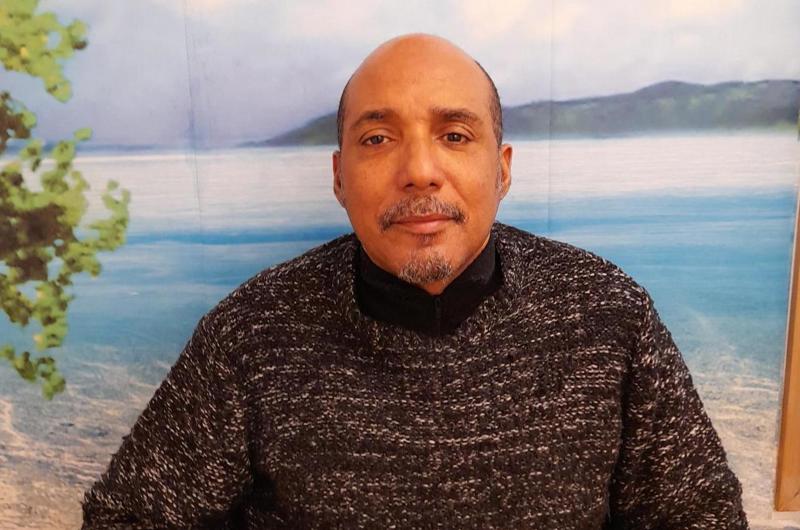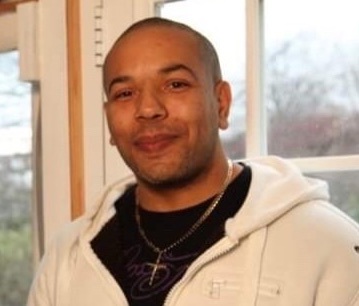
Windrush children tell of lifelong consequences of being labelled educationally subnormal
People of African Caribbean heritage wrongly classed as educationally subnormal in the 1960s and 70s shared their stories at the launch of a legal campaign for the government to make amends.
Posted on 14 March 2023
At an event held at the House of Commons on Wednesday 1 March, those who have suffered the lifelong consequences of the misclassification as children told of their experiences.
Maisie Barrett, was sent to a school for “educationally subnormal” children when she was aged six. Her education mainly consisted of drawing pictures and when finally she was transferred to a mainstream school aged 13 she had fallen too far behind to be able to catch up and become literate in school. Only many years later did she discover that in fact she was dyslexic.

Maisie told the audience:
“In my 20s, when stranded away from home, I tried to write to my mother to ask for money to come home, but I could hardly read and write to I struggled to write. I didn’t know that up until that point in my life I was shaped and moulded by systemic racism. I didn’t know I had received a subnormal education.
“What could my life have been if I had been diagnosed dyslexic while I was a child? If I had had proper schooling, my life could have been very different.”
Although Maisie has striven to make up for her lost years of schooling, and has achieved three university degrees, her own children have suffered the consequences of her illiteracy, with poverty leading to spells in prison and severe periods of mental ill health.
Noel Gordon, now aged 56, was sent to White Spires boarding school for Educationally Subnormal Children when he was aged six. He suffers sickle cell disease and his mother was told that the school, 15 miles from home, would give him the medical care he needed.
Noel found himself in a school for children with severe learning difficulties where he was told he was “a dunce”. As the only black child in the school, he suffered mental and physical abuse. He was bullied throughout his time at White Spires and was not believed when he complained that a member of staff had hit him repeatedly in the head and called him “a black bastard” aged 12.

Noel lives with the scars of his traumatic educational experience. He said:
“My parents trusted the education department officials who sent me to the boarding school for educationally subnormal children. They thought small class sizes meant I would get better teaching. If my mother had known the truth she would never have agreed. We were deceived.
“After my dad came to the school to complain after I had been assaulted in the dining room. He and my brother realised what kind of a school it was. But he told my brother he had no power to take me away. He said his hands were tied because that was where the education department had put me.
“I was bullied by three teachers, but the most painful, and mental torture came from a staff member who I called the “she devil”. She bullied me from the ages of 12 to 16. It only stopped the day I left. My primary and secondary school were in one building. It was an absolute nightmare.
“I have lived my whole life with the pain those schools caused me. My life could have been so different if I had had a proper education like the other children.”
Rene Stevens, aged 57, told the audience that his parents had travelled to the UK from St Lucia. He was the youngest of their three children, but when he was just three months old, his mother died. His father was unable to cope with the sudden loss of his wife, with the result that Rene spent his childhood in the care system, only emerging as a teenager.
He has traumatic memories of school and told the Commons audience how a maths teacher assaulted him and left him unconscious, but the incident resulted in his own expulsion. He was sent to a school in the Cotswolds for vocational schooling, leaving him without the academic skills to cope when he was then sent to St Richard of Chichester Secondary School in 1977.

Rene said:
“Had I been given the right educational opportunity my life might have turned out differently. My life has been troubled and problematic. I have spent my whole life just trying to fit in and still I feel like an outcast. I have been fired from jobs because I was unable to function at that level. I was also diagnosed with severe dyslexia and so I would have required a little more help in order to realise my full potential and to develop my skills.”
Frances Swaine, a solicitor with Jacqueline McKenzie's Asylum and Immigration team investigating the history and viability of legal claims, chaired the event at the House of Commons. She invited an audience from the fields of education and politics who are working to end continuing racism in education.
Speakers included Kim Johnson MP for Liverpool Riverside, Professor Leslie Thomas KC and Professor Gus John. BBC documentary maker Lyttana Shannon who told some of the stories in her groundbreaking production ‘Subnormal: A British Scandal’ in 2021 also attended.
Leigh Day solicitor Frances Swaine said:
“The histories given by people whose entire lives have been shaped by the fact that as children they were wrongly labelled as educationally subnormal, are sad and traumatising. As children, when they were perceived as not fitting into the society they were joining and labelled "subnormal" as a result, the consequences as adults - as well as in childhood - have been extreme. Their whole lives they have carried the stigma of not only being treated as incapable of being educated and suffered as a result within their families and within society.
“The government needs to face up to its shameful history and the harm systemically racist schooling caused to so many children and their families.”



